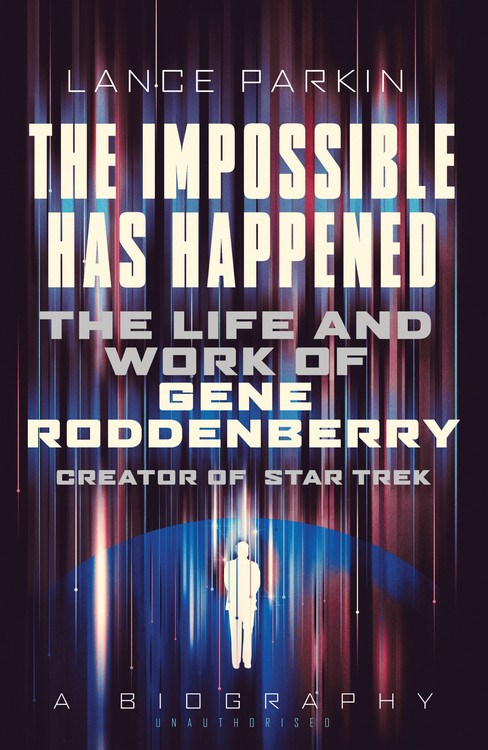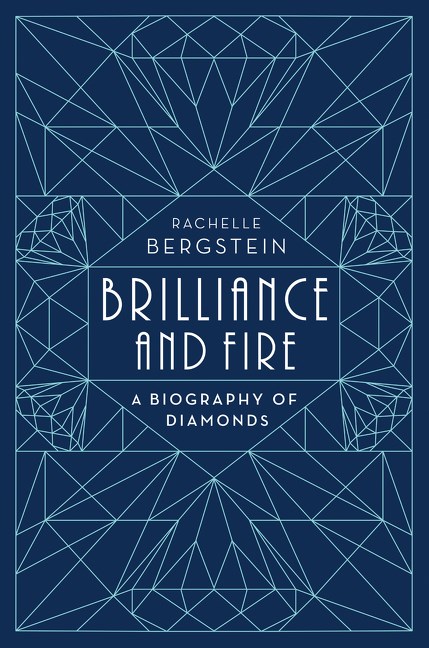 Before by Carmen Boullosa, translated by Peter Bush
Before by Carmen Boullosa, translated by Peter Bush (Deep Vellum Publishing, 120 pages, August 2)
First published in 1989,
Before is the kind of novel that constantly points back to itself, emphasizing its own hyper-real narration and downplaying, if not outright obfuscating, important "facts." For instance,
is the narrator dead? Is Esther actually her mother (seems so), but then why won't the narrator refer to her as her mother for most of the book? I could go on..
Not having certain answers, though, doesn't matter here- it doesn't matter if the narrator is dead because her words are extraordinarily
alive. Take this passage in which she reflects on "memory":
I wouldn't dare live through what I experienced as a child because, once recollected, the facts turn into dangerous needles that could sew up my heart, sear my soul, and turn my soul into strips of dead flesh. As we live we hardly realize that we are alive...To relive what we've seen by the lucid light of memory would be unbearable and, as far as I'm concerned, I wouldn't be brave enough. (68)
Throughout the novel, the narrator explains that she is gripped by fear, hounded by it even, and her world is not the stable world of objects and people that are what they seem. Rather, as in this passage, even the act of remembering is fraught with danger, because something as intangible as that can transform itself into threatening needles. She constantly hears footsteps and roams the house at night searching for their source (but to no avail). At times, she encounters other girls who also hear these steps, but one disappears and the other never discusses it.
And then, without warning but nonetheless seamlessly woven into the plot, the magical realist elements emerge: a dresser that can transform drawn objects into tangible ones, shadows without corresponding objects, magical stones that take away the narrator's dreams...
Everything is in flux and in motion in
Before, corresponding to the narrator's emotional and psychological state leading up to and including the twin traumas of losing her mother and achieving puberty. A nameless, shapeless Fear embodies this sense of hyper-reality for the narrator:
I was afraid, this time afraid of everything and everybody. Not only what pursued me was a threat, what surrounded me was too: my white bedroom curtains, curtains alive like insects, like animals caged in a zoo I wouldn't want to visit, slumbering beasts awoken and enraged by my presence. And the curtains were nothing by the side of the stormy sea, the sea of the floor of the house! (101)
Not to get too autobiographical here, but this shapeless, indeterminate fear reminded me of my own childhood in some ways, where anything I encountered that didn't fit into my understanding of the world terrified me. I'm pretty sure that most kids experience this in one way or another, but at the time (age 6-12), I was scared of the most random things: revolving dioramas, certain paintings, examples of new technology...It could pounce at any moment, and despite being surrounded by family or friends, I'd feel helpless and alone, trapped in my own brain. This kind of unexpected, nameless fear is probably a holdover from our ancestors, who had to be ready for everything from wild animals to natural disasters and poisonous plants.
Anyway, I look forward to reading more of Boullosa's work (and there is a
lot of it, which is good), and I urge you to check out
Before.
 A Contented Man and Other Stories by Zoë Beck, translated by Rachel Hildebrandt (Weyward Sisters Publishing, 54 pages, August 7)
A Contented Man and Other Stories by Zoë Beck, translated by Rachel Hildebrandt (Weyward Sisters Publishing, 54 pages, August 7)


























